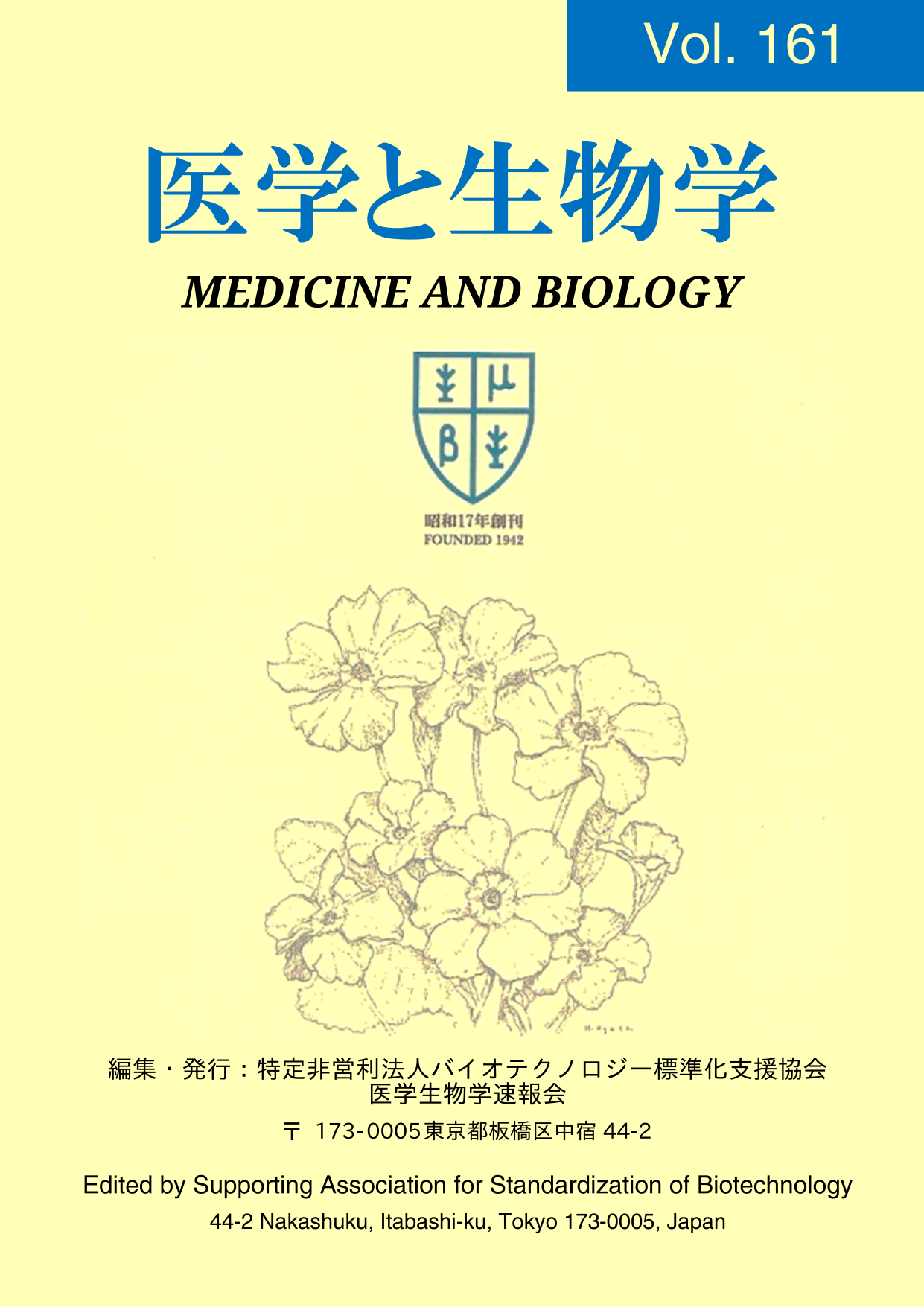地域で出来る認知症予防のお裾分け
新型コロナウイルス感染症流行下でのボランティア活動に向けて
Keywords:
認知症, 予防, ボランティアAbstract
Purpose: This study developed a community-based dementia prevention program that volunteers could easily implement in their activities and examined its effectiveness.
Method: The study participants included 26 trainees of a volunteer training course conducted in Akaiwa City, Okayama Prefecture, Japan. During the first class, we developed a dementia prevention list of 10 subjects in five domains with the participation of the trainees; during the second and third classes, brain training, listening techniques, and reminiscence therapy were explained and practiced.
Results and Discussion: Of the 10 subjects in the dementia prevention list in the five domains, “talk with someone at least once a day” had a high implementation rate of 82.1%, thus indicating that it was a useful foundation for community activities. The structure of this program involved middle-aged and elderly volunteers sharing their dementia prevention habits with local residents while preventing their own dementia, and this aspect seemed useful for dementia prevention promotion activities in terms of continuity and dissemination. Moreover, this program was also characterized by a low frequency of group activities and little physical contact, and therefore, it was relatively easy to implement even during the COVID-19 pandemic. The introduction and development of this program in each region are thus required to prevent the social isolation of the elderly.


